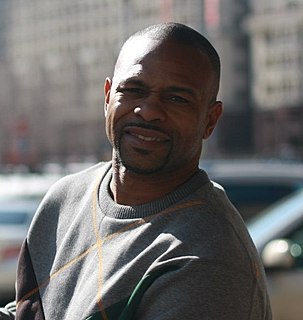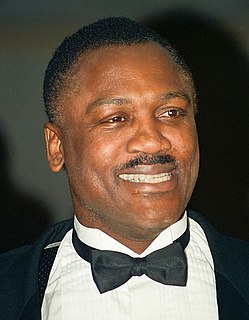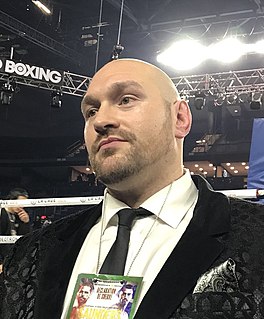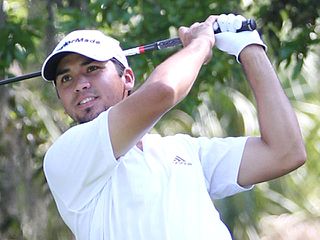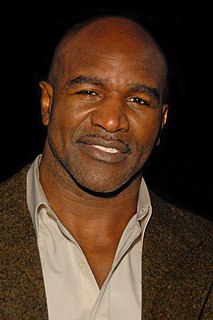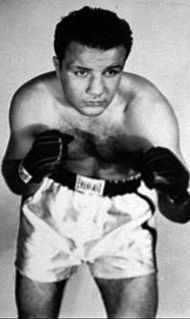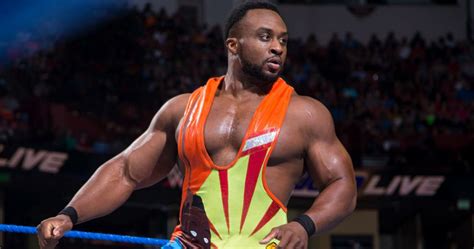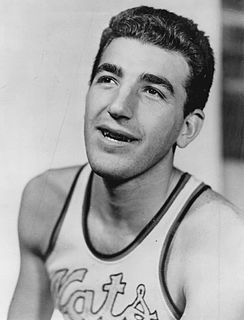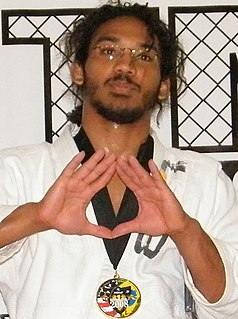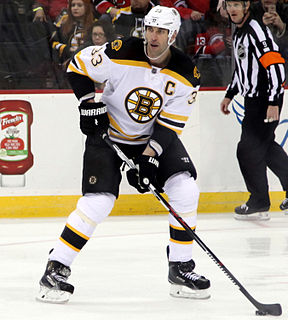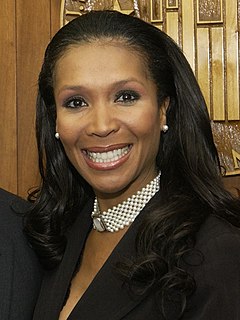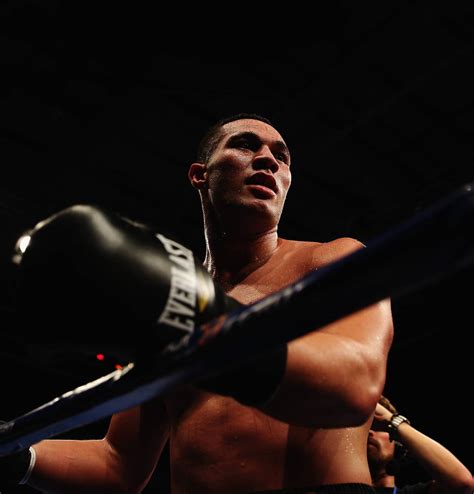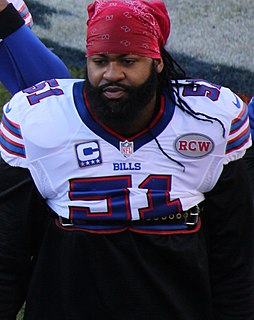A Quote by Roy Jones Jr.
I always had a fetish for fighting big peoples. My dad put me in the ring with much bigger guys. In my first fight, I gave the guy a 14-pound advantage.
Related Quotes
Madison Square Garden, November 1984. I don't recall taking too much fear into the ring. I knew I could fight. But I got a big shock. They put me in with this rough, tough veteran called Lionel Byarm. He tested me to the limit. But I fought my heart out and, in the end, I prevailed. The story of my life, in my very first fight.
It's often said that the Democrats fight 'for the little guy.' That's true: liberals fight to make sure the little guy stays little! Think about it. What if all the little guys were to prosper and become big guys? Then what? Who would liberals pretend to fight for? If the bamboozlers fight for anything, it's to ensure that the little guy stays angry at those nasty conservatives who are holding him down.
